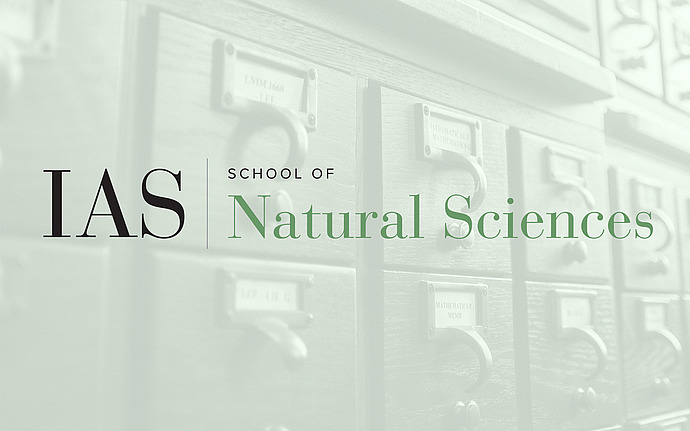
Princeton University Department of Physics Special Talk
Latest Cosmological News from the Planck Satellite Project
Sketched out in 1992, selected by ESA in 1996, and launched in 2009, the Planck satellite was shut off in 2013, after a measuring mission that exceeded all expectations. The Planck collaboration delivered a first set of cosmological data and results in March 21st 2013, and the full set in February 2015. Part of the data delivery is a "definitive" map of the anisotropies of the Cosmic Microwave Background (CMB), its angular power spectrum together with their full statistical characterisation. The 2015 delivery further include pioneering polarisation data. I'll breifly recall salient scientific results we derived from these data. The Planck collaboration is now working towards a "legacy release" by the end of 2016 which will mark the end of the formal collaboration we set up back in the previous century. To this end, we keep improving further our control on the potential level of residual systematics in the data and in accounting for these uncertainties in the final cosmological results to further enhance the robustness and precision of the constraints posed by Planck. For instance, we announced in May an improved likelihood analysis using detailed end-to-end simulation as well as an improved constraint on the reionisation optical depth by using for the first time the E-mode polarisation data from the HFI instrument. This
determination fully reconciles the CMB results with other astrophysical measurements of reionization from sources at high redshift. It also gives constraints on the level of reionization at redshifts beyond that of the most distant sources (z > 10). I will further give some perspectives on what is coming next. If you would like to join us for lunch or dinner or would like to meet with Francois, please sign up below:
Date & Time
July 27, 2016 | 12:30pm – 1:30pm
Location
Princeton Center for Theoretical Physics (PCTS), Jadwin Hall, 4th floor, AuditoriumSpeakers
Affiliation
Institut d'Astrophysique de Paris (IAP)